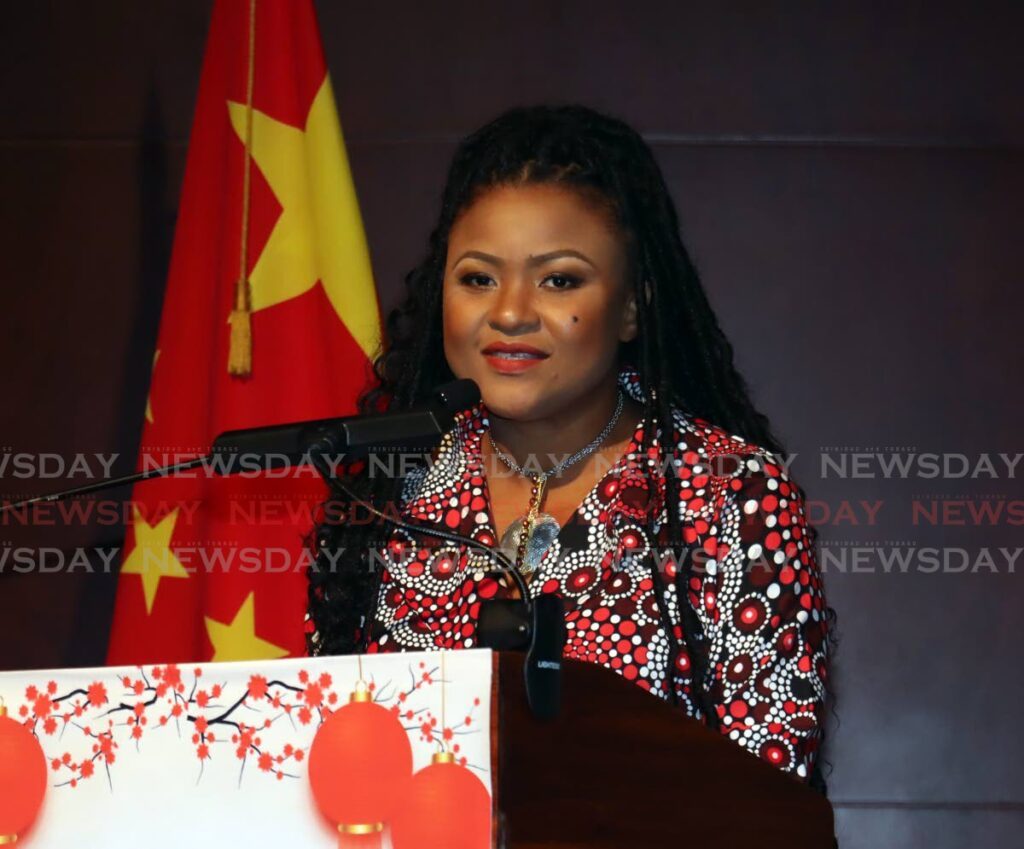Nowhere closer with Spanish

THE EDITOR: "Spanish as a second language: how close are we?" This was a headline in one of the dailies on June 29, 1999, and the question is still the same today: How close are we?
It is my view that we are still far from close to becoming a country where Spanish will be a second language. Now that the Venezuelans are here, what are we doing about it?
After almost five years since having a migrant population of Spanish-speaking people, the Ministry of Education is only now going to accept Venezuelan students at primary schools.
While this is a step in the right direction, it is too little too late. The Venezuelans are already integrated in our society and are benefiting from everything our country can offer them.
They are learning to speak the English language. They are not attending any school. They are living the language unlike our Trinidadian students, who are spending five years at secondary school in the first instance to pass a CSEC O-Level examination. A small percentage of those students move on to CAPE Spanish and fewer will continue to get their degrees at UWI.
Then what? Some become secondary school teachers and we continue this cycle. The interest is lost after having gotten their certificates. Their goal here is to get a certificate.
Compare this to the ordinary Venezuelans who have been here for five years or even less. They are already communicating in English. They hardly know any English grammar, they may not even be able to spell, read and write properly in English, but they are communicating with our English-speaking nationals.
For a population, isn't that what is important? The ability to communicate?
Even if our entire population does CSEC or CAPE Spanish, we still would not become a nation of Spanish speakers. In 1954 when I passed Cambridge O-Level Spanish, the conversation was the same – to make Spanish a second language in TT.
Almost 70 years later it's the same old story. We need to live the Spanish language and to do this there must be interaction among the Venezuelans and TT nationals in every sphere of life – in the stores, markets, malls, etc.
Let everyone know what our goals are. Each one help one. Suffice it to say the Venezuelans are ahead of us by far.
As far as the schools are concerned, the ministry should accept the migrant children at the kindergarten level, together with our children, before they have started to speak in their native tongue to any great extent. Put them together at that young age and you would not have to teach them to speak the other language. It will result quite naturally in them learning and speaking each other's language.
The children will learn their native language at home with their parents as this normally happens and the foreign language with the Venezuelans in class.
This may sound strange, but it's true.
These children will move on to primary school and secondary school and after ten years the result will be revealed. You will have a continuation and expansion of what was started at the kindergarten level.
If you start at the primary school level when the children have already become fluent in their native tongue, your method of teaching the foreign language will be what we are doing now – in both languages.
Regarding the children who are being accepted at primary school level, there are some questions:
1. Is the teacher bilingual?
2. Will the teacher be teaching English to the Venezuelans?
3. Will the teacher be teaching Spanish to the Trinidadians/Tobagonians?
If by chance the teacher will be training the Venezuelans English, how will the TT students benefit from this with regard to learning Spanish?
To the Ministry of Education and other stakeholders, I am not saying anything is wrong with passing examinations. One needs to be proficient in the language and there is a need for that, but to get an entire population to speak Spanish by passing exams alone will not work.
There must be an alternative modus operandi.
In the meantime, however, during this transition period and for those who are already in the school system, I suggest we get native Spanish speakers to teach other school subjects in Spanish so that our English-speaking students will develop their listening, understanding and speaking capabilities in Spanish. Some simple assignments in different subjects can also be submitted in Spanish by our students.
So, I say again, we are nowhere closer now.
Food for thought and I would like to hear other views.
EDWIN NIFFIKEER
eniffikeer@hotmail.com


Comments
"Nowhere closer with Spanish"